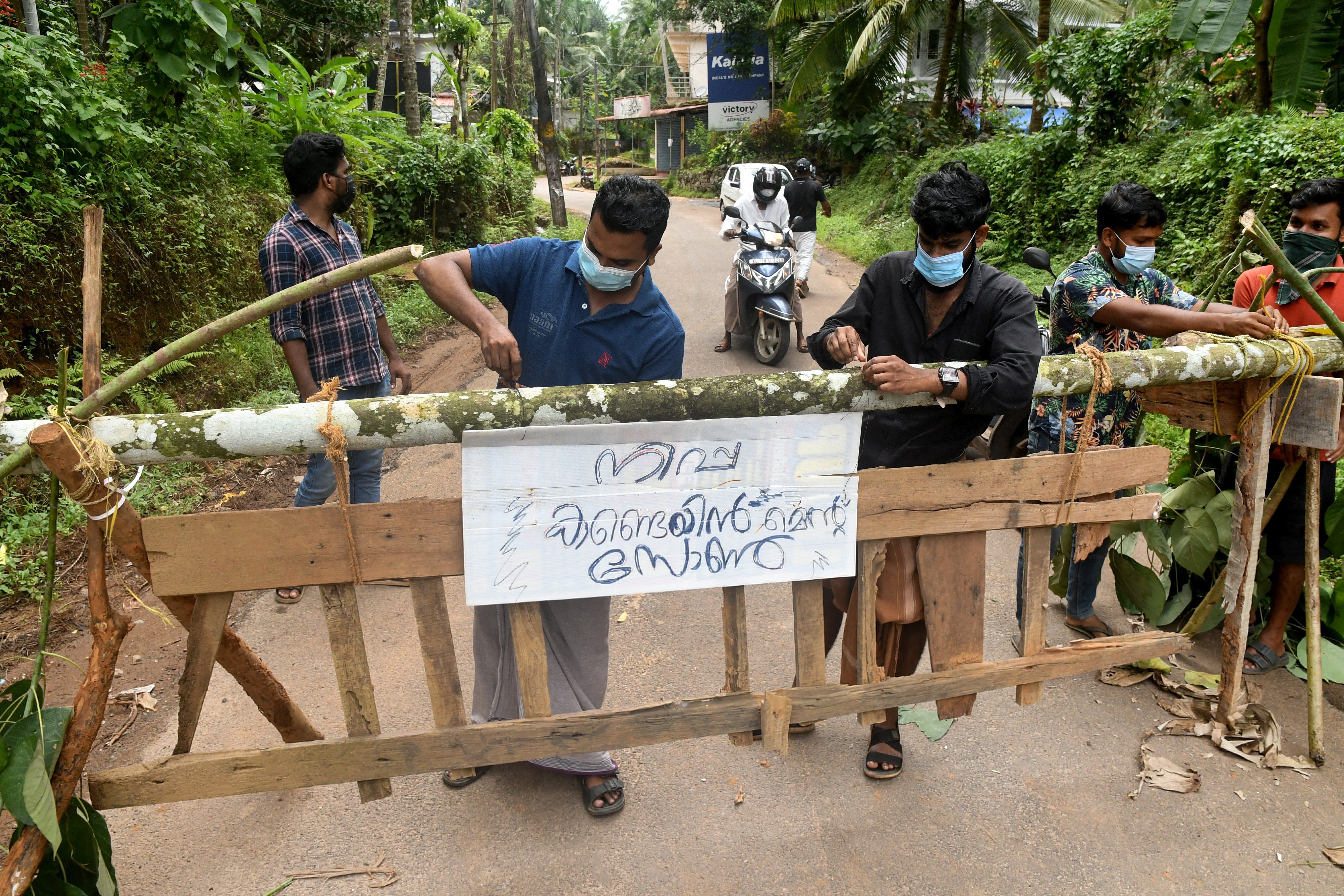Hard Numbers: Kerala reacts to lethal virus outbreak, Brazil insurrectionists on trial U.S. inflation stays stubborn, uranium prices spike,
2: Two people in the southern Indian state of Kerala have died from the rare but highly-lethal Nipah virus, forcing authorities to declare a containment zone over 7 villages and shut down public schools and offices. One more adult and one child are currently hospitalized with confirmed infections, while 130 more have been tested for the disease. There is no cure or treatment for Nipah virus.
4: Today the first four supporters of Jair Bolsonaro go on trial for their actions during Brazil’s January 8th insurrection. Thousands of Bolsonaro’s supporters, outraged over his loss in the October election, stormed the capital city Brasília-- vandalizing the presidential palace, parliament, and the same supreme court where they stand trial today. The court condemned the rioter’s actions as an attack on Brazil’s democracy, and will hear the cases of two hundred more insurrectionists in the coming months.
3.7%: New US inflation data for August showed that U.S. households paid about 3.7% more for goods and services than they did a year ago. That’s up half a percentage point from the July reading and still well above the Federal Reserve’s 2% target. Most of the cost bump was fueled by higher energy prices, as Saudi Arabia and Russia recently cut oil production to boost global crude prices. The good news is that consumers continue to get relief on products besides food and energy, as so-called “core inflation” continued its 6-month downward trend.
30%: The benchmark price for uranium has soared 30% so far this year, as the transition away from fossil fuels continues to spark fresh interest in nuclear power. A pound of the radioactive stuff now costs $62, more than double what it was just five years ago. And you know who is loving the price spike? Russia, home to 40% of the world’s uranium refinement capacity.
